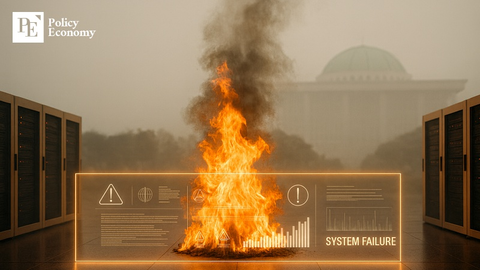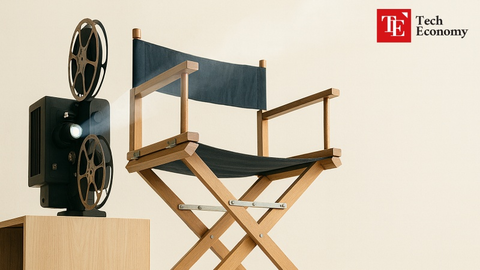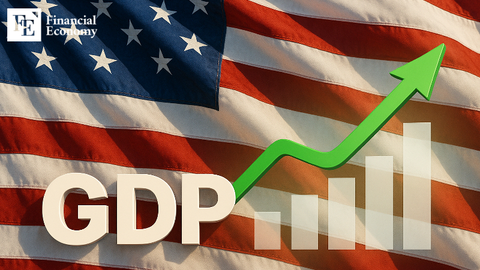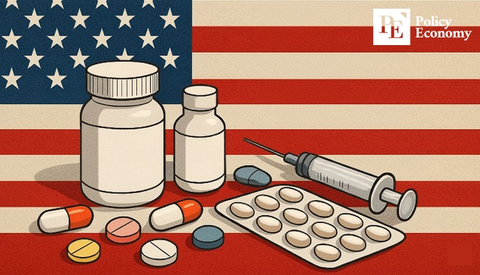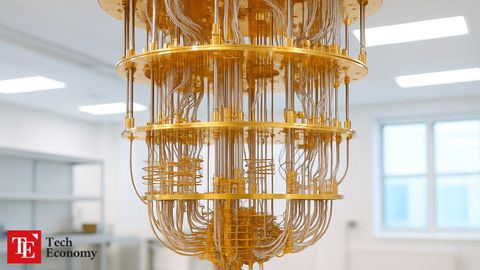China’s BOE Barred From U.S. Market for 14 Years, 8 Months in Landmark IP Theft Sanction
Input
Modified
Final Ruling Due in November, Reversal Unlikely
Chinese Firms’ IP Violations Under Scrutiny
From Bilateral Disputes to Global-Level Sanctions
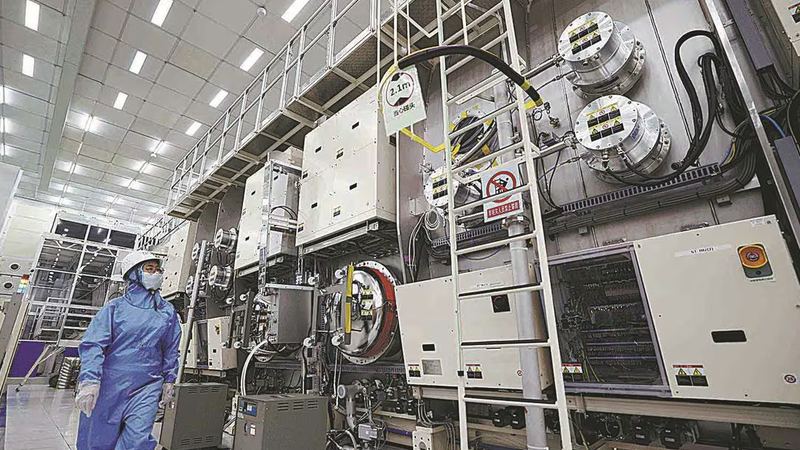
The U.S. International Trade Commission (ITC) has found that BOE Technology Group, China’s largest display panel manufacturer, misappropriated trade secrets from Samsung Display, and has moved to impose a 14-year, 8-month ban on imports of BOE’s OLED panels into the United States. The decision is expected to severely weaken BOE’s competitiveness in the premium electronics component market and help correct a competitive landscape long distorted by alleged misconduct. Industry observers say the move establishes a precedent for treating Chinese technology theft as a matter warranting strong, coordinated global sanctions.
A Punishment Amounting to a “Death Sentence”
According to legal sources on the 13th, the ITC recently ordered the ban following its earlier preliminary ruling on July 11, which stated that “despite Samsung Display’s robust security measures, BOE unlawfully acquired and used its trade secrets.” The preliminary decision initially called for a 15-year, 5-month ban, later adjusted slightly in the final order.
While the ruling will not be finalized until November, analysts in both the financial and display sectors see little chance of a reversal, noting that the preliminary finding validated nearly all of Samsung’s claims and that the Trump administration is unlikely to ease its hard line on China.
The implications for BOE’s global business strategy are significant. The U.S. is the largest consumer market for premium electronics and a crucial sales platform for global IT manufacturers. BOE is one of Apple’s OLED suppliers for the iPhone, ranking third in market share after Samsung Display and LG Display. OLED panels are critical components in high-value products such as smartphones, tablets, and laptops, meaning BOE’s core business will be directly impacted.
Distorting Market Competition and Undermining Quality Trust
The ITC decision marks a turning point for South Korea’s display industry, which has long claimed damages from unfair competition. A nearly 15-year ban spans multiple product replacement cycles for consumer electronics, making it nearly impossible for BOE to recover losses. For competitors, the move promises a rebalanced market and fairer returns for legitimately owned technologies. For this reason, many in the industry regard the sanction as tantamount to a “death sentence.”
Behind this outcome lies a pattern of alleged technology misappropriation by Chinese display makers during their rapid rise. Industry complaints have centered on unauthorized acquisition of competitors’ proprietary processes, designs, manufacturing recipes, and test data. Samsung Display and LG Display have both reported market share losses and eroded profitability in the premium panel segment. Price competition driven by Chinese firms further eroded the ability to command technology premiums even in high-spec products.
In December 2022, Samsung Display filed a patent infringement complaint against BOE with the ITC, followed by a trade secret misappropriation lawsuit in October 2023 against BOE and its subsidiaries. Samsung alleged that BOE had stolen patented technology and trade secrets through current and former employees at the company and its partners. BOE consistently denied the allegations, but in March this year, the ITC ruled in Samsung’s favor on the patent infringement case. The new trade secret ruling, with its nearly 15-year import ban, is seen by the industry as laying the groundwork for restoring fairness to the market.
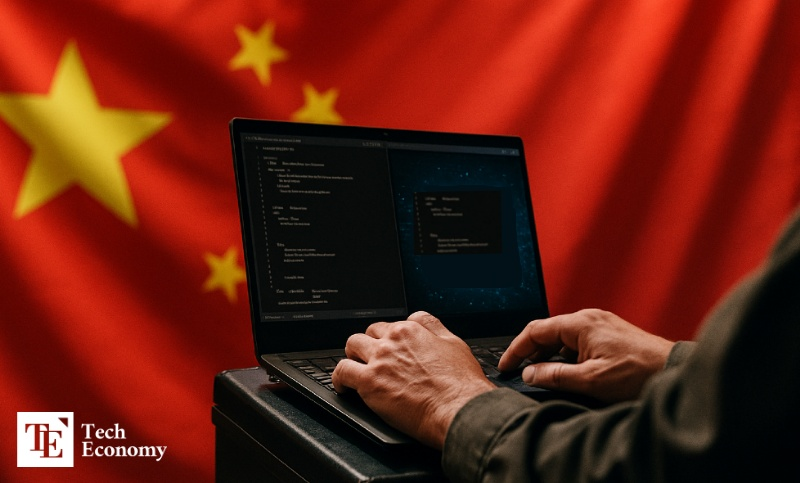
Reinforcing the Importance of Technology Security and Patent Protection
The sanctions are significant in that they elevate technology theft disputes from bilateral litigation to the global stage. Until now, most cases involving Chinese firms were limited to criminal and civil suits between the parties or isolated international arbitration. The ITC’s direct involvement signals that such theft is not just a bilateral matter but a threat to the broader international trade order and intellectual property protection systems. This sets a precedent: Chinese companies that misappropriate foreign technology may face severe penalties not only from the victim country but from third-party nations as well.
The ruling is also expected to have a deterrent effect on the outflow of key talent and proprietary know-how. In the past, researchers and engineers moving to Chinese competitors could continue working after paying limited damages. Now, a proven theft can result in total market exclusion, creating a powerful disincentive and reducing the commercial viability of stolen technologies.
At the global supply chain level, the case underscores the importance of robust technology security and patent protection. Intellectual property disputes are frequent in other high-tech sectors such as semiconductors, batteries, and biotechnology, and observers expect greater international cooperation on enforcement and sanctions. Governments and multilateral bodies are likely to work together to shrink the economic incentives for IP theft, reinforcing the view that technology misappropriation is not merely a commercial dispute but a threat to national security and industrial competitiveness.


